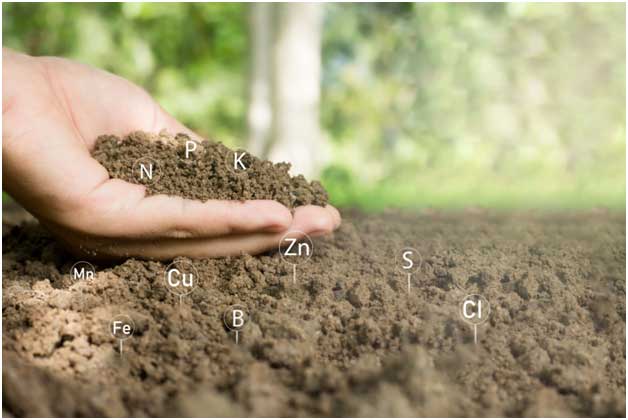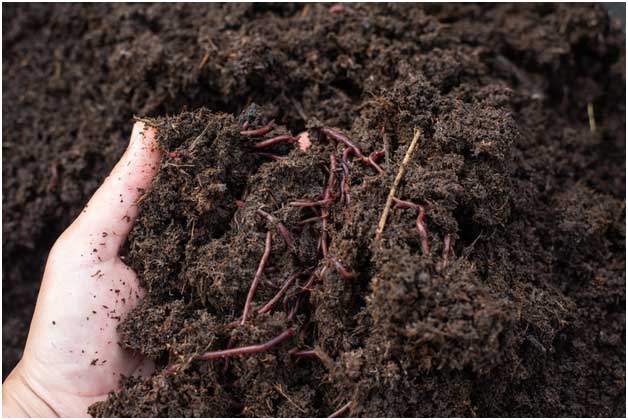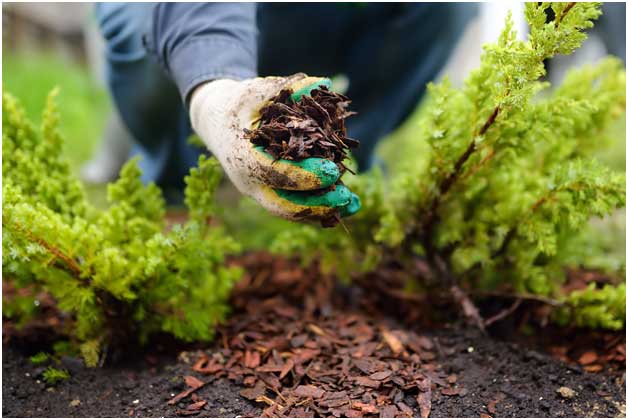


The soil is vital for agriculture and ecosystem health, providing nutrients and clean air. Human activities can harm soil, but sustainable practices like biological protection can restore it, creating a resilient ecosystem.
Why is soil fitness important?
Soil is a vital ecosystem with organic matter, microorganisms, and minerals. It sustains life, filters pollutants, and stores nutrients. Soil organisms aid in nutrient and water cycling. Healthy soils are productive, and resilient, store carbon, and face threats from agriculture and climate change.
What is soil degradation?
Soil degradation results from compaction, erosion, and pollution, diminishing fertility, water retention, and harming the environment. Employ sustainable farming methods, limit chemical usage to preserve soil health, and food security, and combat climate change.

How are we able to shield soil health?
Agriculture is one of the major contributors to soil health decline. However, several agricultural practices can help reverse this trend and restore soil health. Creating good soil health depends on adopting regenerative agriculture practices that aim to restore degraded lands. Growers can follow these practices to:
- Reduce the use of chemicals: growers can use natural solutions like biocontrol and protection products that are safer for non-target organisms and preserve soil biodiversity.
- Increase the amount of organic matter going back into the fields: cover crops, leaving crop residues on the soil surface, or using organic mulch can help with this. These practices help soil microbes break down organic matter, which is transformed into useful nutrients for plants. It also helps retain soil moisture and slows down erosion.
- Reduce soil compaction from machinery and livestock: minimum or zero tillage and pasture management practices like avoiding over-grazing can help minimize soil disturbance and build back soil health.
- Rotate crops: crop rotation increases diversity above and within the soil and disrupts the cycle of pests and diseases. Legumes are the right plants for rotation as they boom nitrogen inside the soil.
You can learn more about regenerative agriculture and its benefits in our blog titled "Regenerative Agriculture: An Approach to Tackle Food Security Issues."

Other ways to improve soil health in a farming system include:
- Managing water: planting vegetation like trees and shrubs can help increase water infiltration into the soil. Techniques like mulching can also help save water and prevent soil erosion.
- Managing nutrients: cautiously making plans and making use of manure and fertilizers facilitates the decrease of nutrient excesses.
- Integrated Pest Management: this method of coping with pests limits undesirable outcomes in the environment, consisting of soil.
How to enhance soil fitness for gardening?
Caring for soil health is crucial for gardens and farms. Home practices like composting and mulching boost organic matter and soil microbes. Use eco-friendly products against pests. These methods maintain soil quality, ensuring food security and a healthier environment.